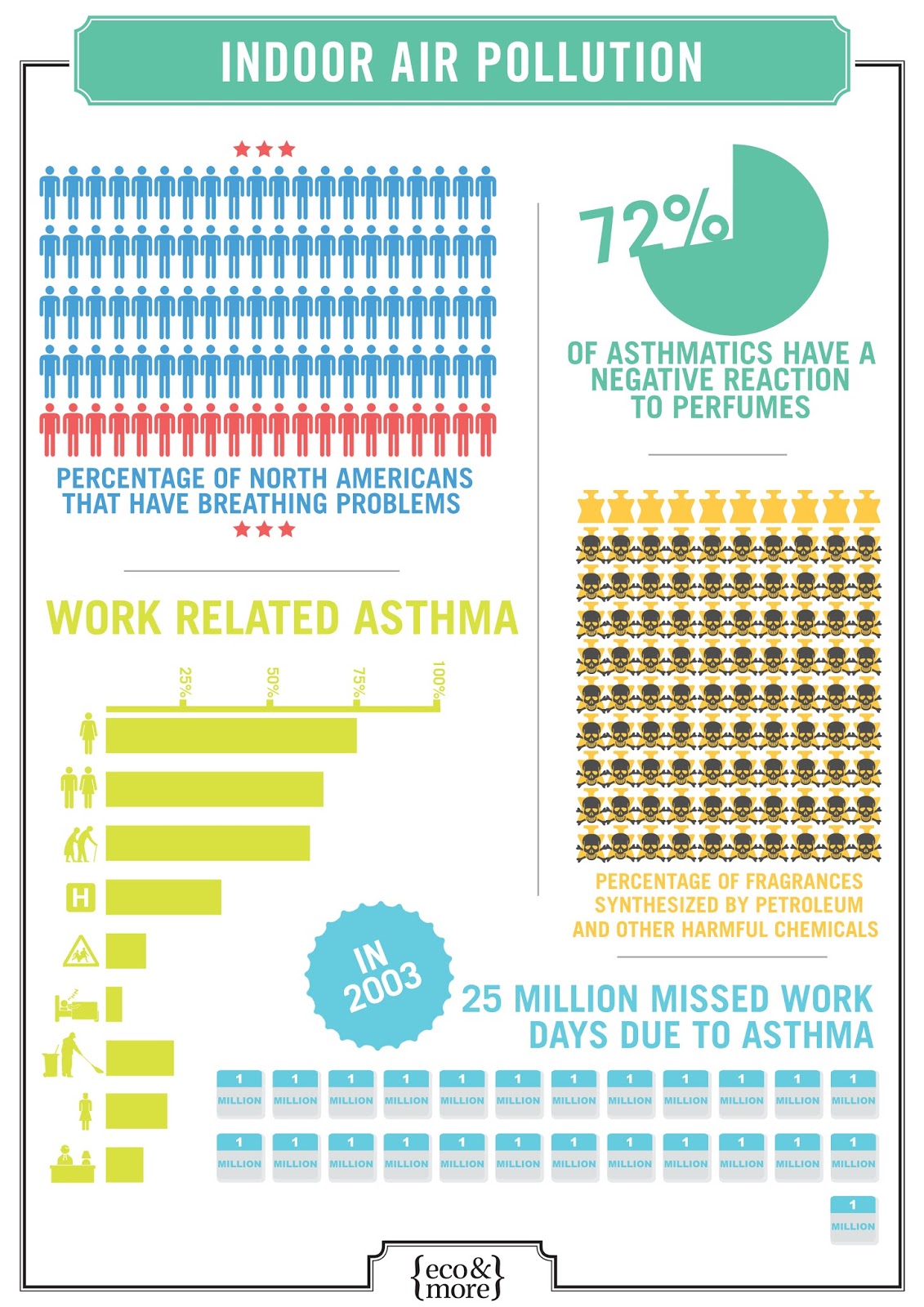The Future Of Home Heating - How Heat Pump Technology Is Progressing
The Future Of Home Heating - How Heat Pump Technology Is Progressing
Blog Article
Article Author-Dawson Roy
Heatpump will be a critical modern technology for decarbonising heating. In a circumstance regular with federal governments' revealed energy and climate dedications, their global ability increases by 2030, while their share in heating rises to one-quarter.
They work best in well-insulated homes and depend on electrical power, which can be supplied from a renewable power grid. Technical breakthroughs are making them a lot more efficient, smarter and less costly.
Gas Cells
Heatpump utilize a compressor, refrigerant, coils and fans to relocate the air and heat in homes and home appliances. They can be powered by solar energy or electrical power from the grid. They have actually been obtaining popularity as a result of their affordable, quiet operation and the ability to generate electrical power throughout peak power need.
Some firms, like IdaTech and BG MicroGen, are servicing gas cells for home heating. These microgenerators can change a gas boiler and generate several of a residence's electrical needs with a link to the electrical energy grid for the rest.
However there are reasons to be hesitant of using hydrogen for home heating, Rosenow states. It would certainly be costly and inefficient compared to various other innovations, and it would contribute to carbon exhausts.
https://andykahma.blogs100.com/29782378/the-ultimate-guide-to-understanding-warm-pumps-exactly-how-do-they-work and Connected Technologies
Smart home technology permits home owners to link and manage their tools from another location with making use of mobile phone apps. For instance, wise thermostats can learn your home heating choices and immediately adjust to enhance power usage. Smart lighting systems can be controlled with voice commands and automatically switch off lights when you leave the area, reducing energy waste. And clever plugs can keep an eye on and manage your electric usage, enabling you to identify and limit energy-hungry devices.
The tech-savvy family shown in Carina's interview is a great picture of just how residents reconfigure area heating practices in the light of new wise home innovations. They depend on the devices' computerized functions to execute everyday changes and regard them as a convenient ways of performing their heating techniques. Because of this, they see no factor to adjust their methods additionally in order to enable versatility in their home energy need, and interventions aiming at doing so may face resistance from these homes.
Electrical energy
Considering that heating homes accounts for 13% of US exhausts, a switch to cleaner choices might make a large distinction. Yet the modern technology encounters challenges: It's pricey and needs extensive home renovations. And it's not always compatible with renewable energy sources, such as solar and wind.
Up until lately, concealed air conditioning units were also costly to take on gas designs in most markets. Yet brand-new technologies in style and products are making them extra budget-friendly. And better chilly climate efficiency is allowing them to function well even in subzero temperatures.
The following step in decarbonising home heating may be the use of heat networks, which draw heat from a main source, such as a close-by river or sea inlet, and disperse it to a network of homes or buildings. That would certainly lower carbon exhausts and enable households to capitalize on renewable energy, such as environment-friendly electrical power from a grid supplied by renewables. This alternative would certainly be less costly than switching over to hydrogen, a fossil fuel that requires brand-new framework and would only decrease CO2 discharges by 5 percent if paired with improved home insulation.
Renewable Energy
As power rates go down, we're starting to see the same pattern in home heating that has driven electrical autos right into the mainstream-- however at an also much faster speed. The strong environment case for electrifying homes has been pressed better by new research study.
Renewables account for a substantial share of modern-day warmth intake, however have actually been provided minimal plan focus around the world contrasted to various other end-use industries-- and even less interest than electrical energy has. Partially, affordable air conditioning wellington reflects a mix of consumer inertia, split motivations and, in lots of nations, subsidies for nonrenewable fuel sources.
New technologies can make the shift much easier. As an example, heatpump can be made much more energy effective by replacing old R-22 refrigerants with new ones that do not have the high GWPs of their precursors. Some professionals additionally envision district systems that draw warmth from a neighboring river or sea inlet, like a Norwegian arm. clicking here can after that be made use of for heating & cooling in a neighborhood.